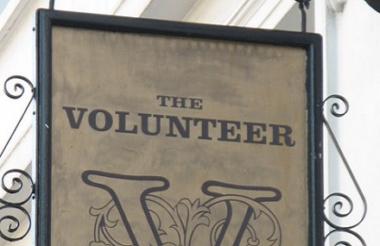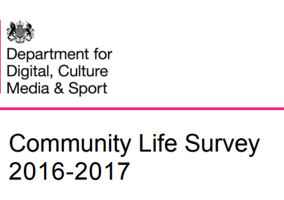Just over half of people who did not volunteer in the last year say that work commitments were a factor, while some 44 per cent of people over 75 didn't think they were the right age to take part, according to figures published this week.
This week the Department for Digital, Culture, Media and Sport published additional information that was collected for the Community Life Survey, but was not part of the final report, including a question on the barriers to volunteering.
The Community Life Survey for 2016/17 revealed that 22 per cent took part in formal volunteering once a month and 63 per cent had engaged at least once a year. Those that did not take part in any formal volunteering in the last year were asked to indicate what the barriers were, with 52 per cent citing work as a barrier.
People between 35 and 49 were most likely to say work was a barrier, with 72 per cent saying so; 69 per cent of those between 25 and 34 also cited work as a barrier.
‘I do other things with my spare time’
The next most frequently cited barrier for people was simply doing other things with their spare time, with 35 per cent saying this was the case.
People aged 65 to 74 were most likely to cite other activities, with 46 per cent giving this as a reason.
Some 12 per cent of respondents said that they didn’t know of any groups that need help. The same percentage said that they hadn’t heard about opportunities and 17 per cent said that they had not thought about it.
Just over 10 per cent cited illness or disability. Just 3 per cent said it was not their responsibility.
Age matters
In many cases it appears that people's age is a factor in their reason for not volunteering.
Older people were more likely to think they are not the right age, with 44 per of over 75s saying this was a barrier. They were also more likely than the average to cite illness or disability.
Some 13 per cent of those aged 65 to 74 said they were not the right age. For those aged 50 to 64 just 3 per cent thought they were the wrong age.
Younger people, aged between 16 and 24, were more likely than other age groups to have study commitments. They were also slightly more likely to not be aware of need or opportunity.
|
Related articles












